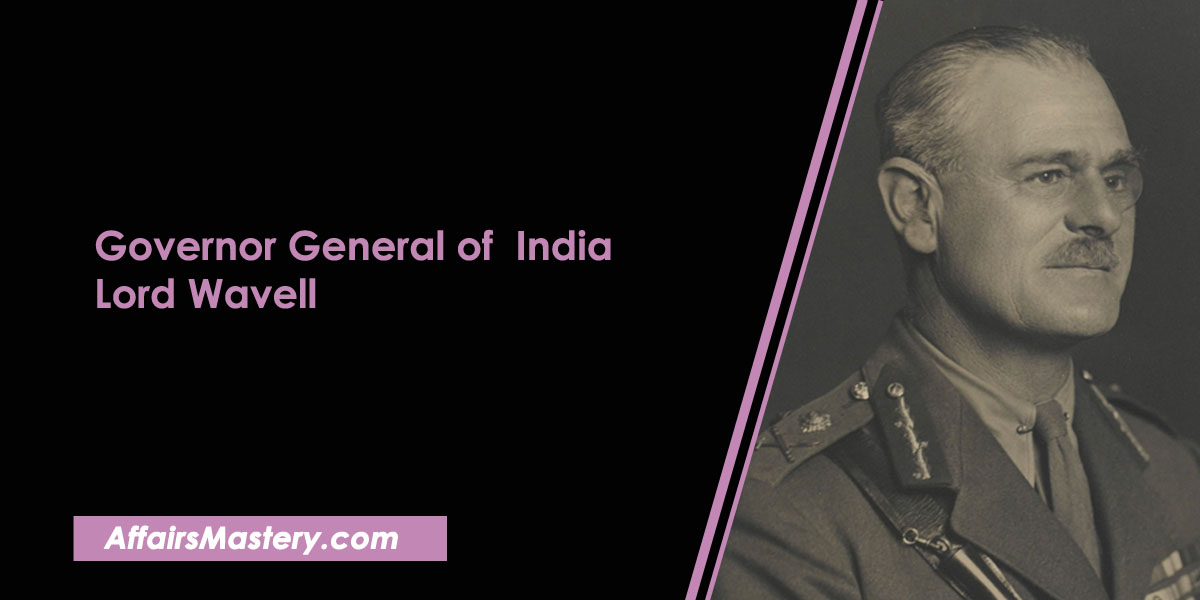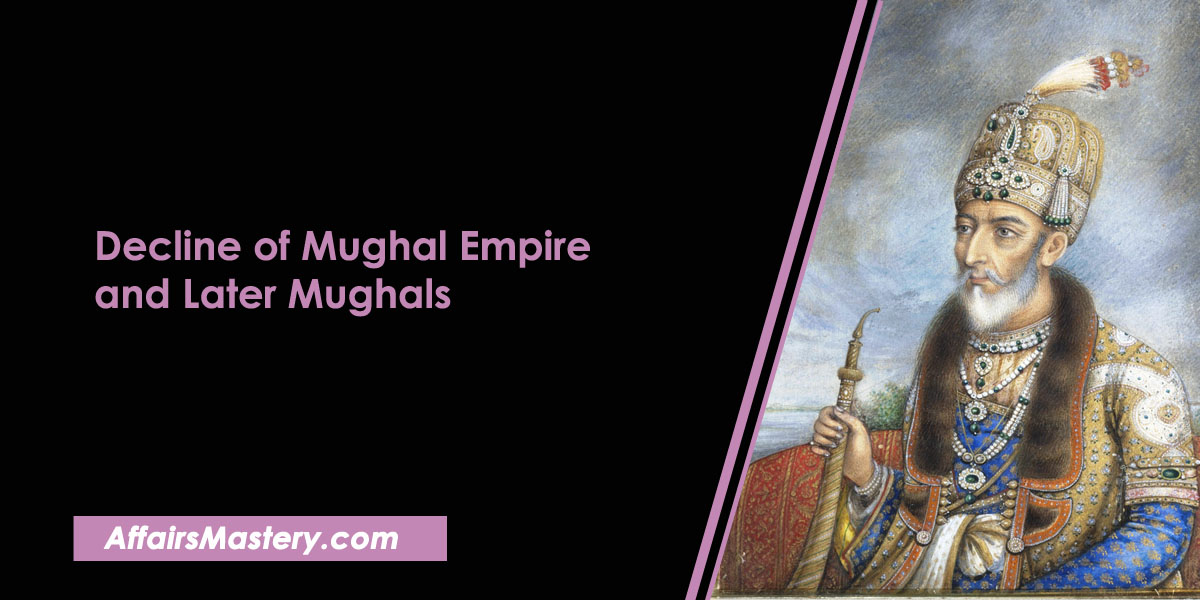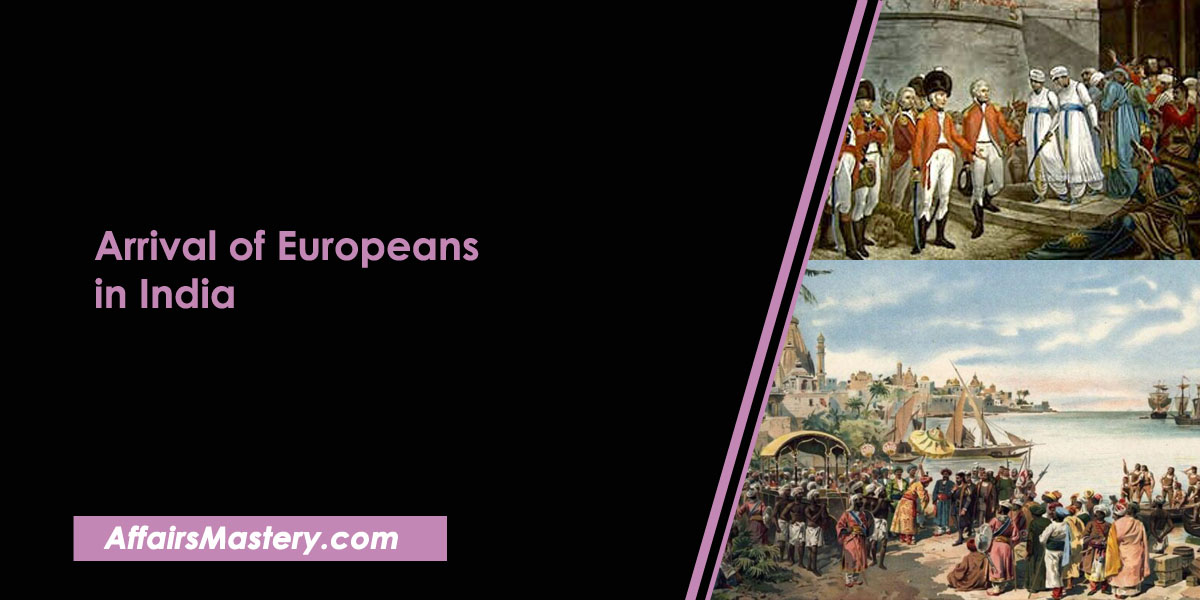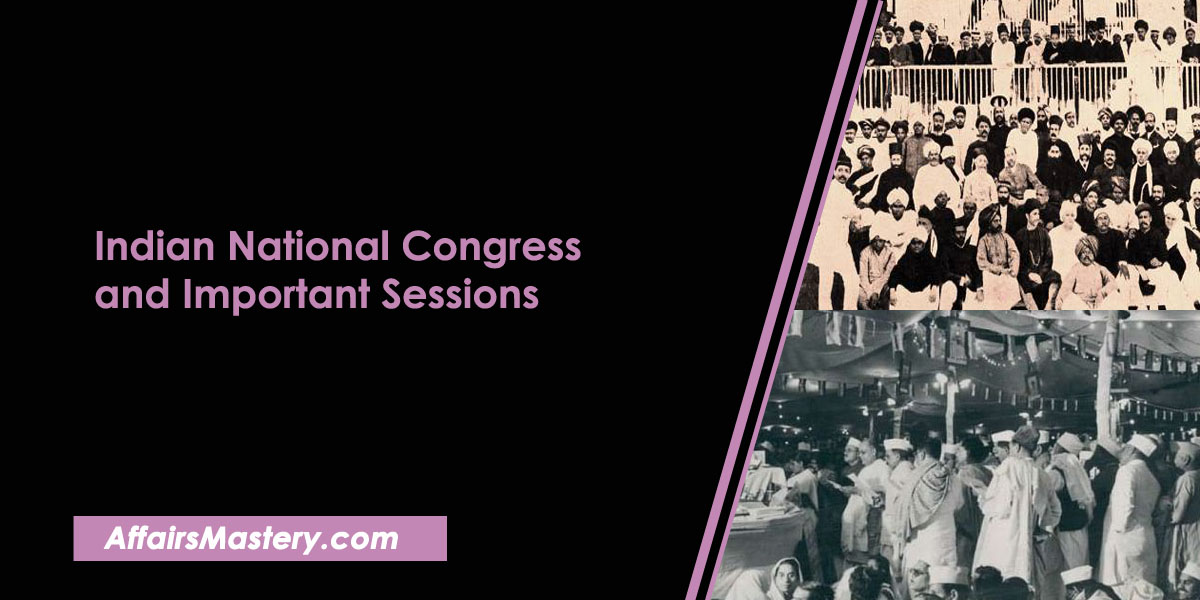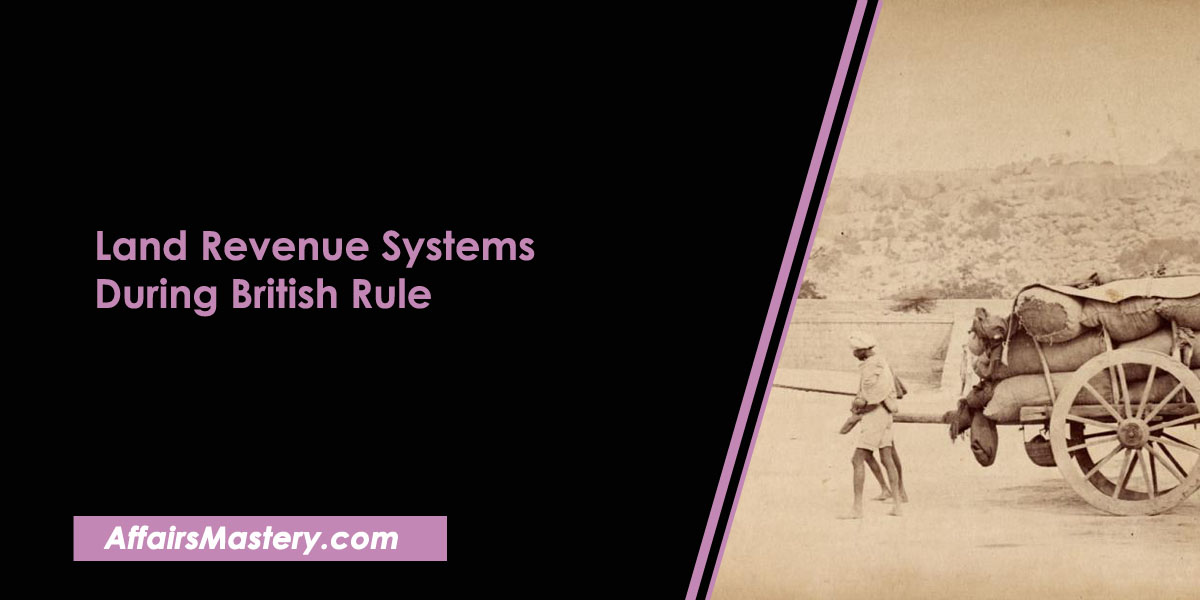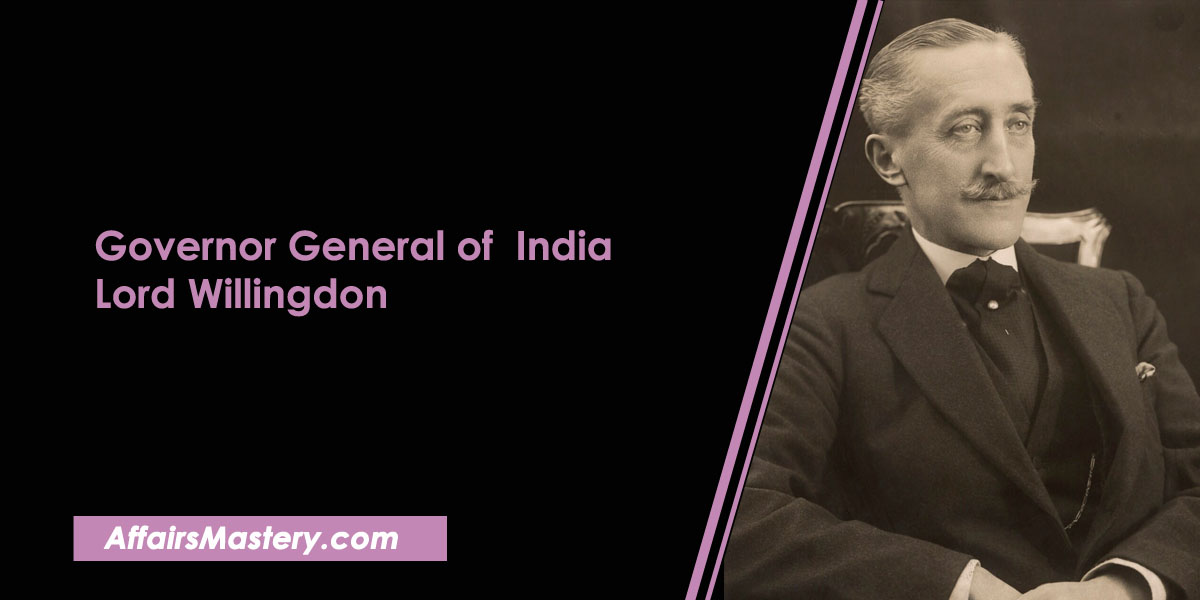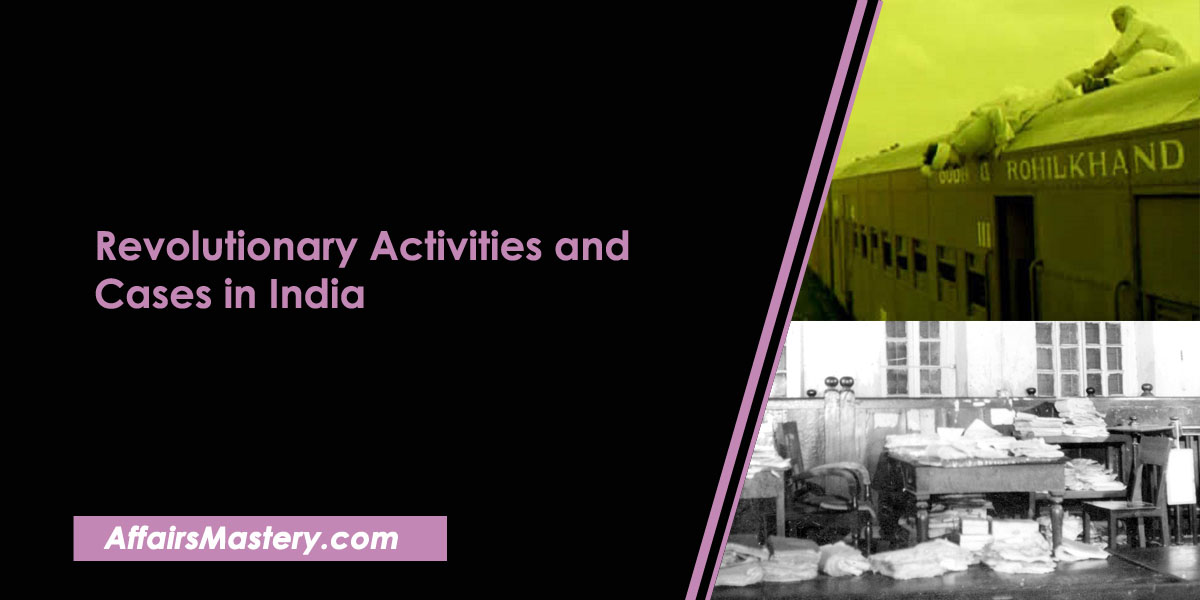Lord Wavell – Important Short Notes for Exams
Lord Wavell was the Governor General of India during the Colonial rule. Many Important reforms and events occurred in his time. He had a great participation in Indian modern history. Topic is useful for UPSC, State exams and other exams and for general knowledge.
About
- Lord Wavell(1883-1950), GCB(Order of the Bath), GCSI(Order of the Star of the India), GCIE(Order of the Indian Empire), CMG(Order of Saint Michael and Saint George), MC(Military Cross), KStJ(Order of St. John), PC(Privy Council), was the accomplished senior officer and commander in the British Army.
- Lord Wavell served as Commander-in-Chief, India from July 1941 until June 1943 and then went on to serve as Viceroy of India for the remainder of his career before retiring in 1947.
Events during his time in India
- Lord Wavell was appointed as the Commander-in-Chief of India and a member of the Governor General’s Executive Council, and his authority covered both India and Iraq.
- In September of 1943, he was officially appointed as the Governor-General and Viceroy of India and served till 1947.
- During the Bengal famine(1943), he distributed the relief supplies and packages to the victims of famine.
- To resolve the issue between Congress and Muslim league, C. Rajagopalachari came up with C.R. formula(1944) which Jinnah rejected because he believed that separation of India and Pakistan could not be deferred until after independence. Jinnah believed in Two Nation Theory.
- Congress leader Bhulabai Desai also came up with the talk with Muslim leader Liaquat Ali Khan to resolve the issue. The proposal was to give the Muslim league equal status in Interim Government but later on, the Idea was rejected by both Jinnah and Congress(1945).
- Lord Wavell organised the Simla Conference(1945) to try and resolve the complex constitutional issues. Both Congress and Muslim league participated in the Conference but it was not successful because of the Muslim league attitude.
- A group of non-commissioned officers and sailors known as Ratings in the Royal Indian Navy on February 18, 1946, revolted against their British Officers. This uprising began with violence erupting in Mumbai and more than 200 people lost their lives during this event.
- On March 24, 1946 the Cabinet Mission arrived in India with a mission to create an effective and efficient system for drafting up the constitution of Independent India as well as making arrangements for interim Government.
- On 16 August 1946, the Muslim League declared Direct Action Day in order to demonstrate their strength and commitment both to British authorities as well as Congress. During this time, thousands of Hindus and Muslims were affected very badly with their lives.
- For the very first time, on 6 December 1946, Constituent assembly elections took place and members were elected by Single Transferable Vote System of proportional representation.
- During his time in India, Gandhi led the Quit India Movement, Subhash Chandra Bose was pushing towards Indian eastern borders and Jinnah worked for an independent state of Muslims.
- In 1947, Prime Minister Clement Attlee lost confidence in the Viceroy of India Lord Wavell and decided to replace him with Lord Mountbatten.
- Wavell passed away on 24 May 1950 after suffering a relapse following abdominal surgery that he had undergone five days prior.
If you find our content helpful and interesting, please consider joining us on Telegram @affairsmastery to show your support. We would really appreciate it!
Related articles
- Important Battles in Indian History
- Important treaties in Indian history
- List of Foreign Travellers who came to India
- List of Governor General of India and Viceroy of India
- Robert Clive – Important Short Notes for Exams
- Warren Hastings – Important Short Notes for Exams
- Lord William Bentinck – Important Short Notes for Exams
- Lord Canning – Important Short Notes for Exams
- Lord Mountbatten – Important Short Notes for Exams
- C. Rajagopalachari – Important Short Notes for Exams
- Lord Linlithgow – Important Short Notes for Exams
- Lord Willingdon – Important Short Notes for Exams
- Non Cooperation Movement (1919-1922)
- Important Personalities related to Social Movements of India
- List of Important Personalities of Indian Freedom Struggle
- List of Important Books on Revolt of 1857 and their Author
- Important Leaders of 1857 Revolt and their places
- Constituent Assembly of India and its Composition: Important Short Notes
- Important Tribal Movements in India
- Direct Action Day 1946: Important Short Notes for Exams
- Interim Government of India, 1946 and its members
- Important Socio Religious Reform Movements in India – Short Notes
- Khilafat Movement (1919-1924) – Important Short Notes for exams
- Lucknow Pact, 1916 – About, Features, Outcome (Important Short Notes)
- C R Formula or Rajaji Formula, 1944 – About, Main Points (Important Short Notes)
- Wavell Plan, 1945 – About, Main Points (Important Short Notes)
